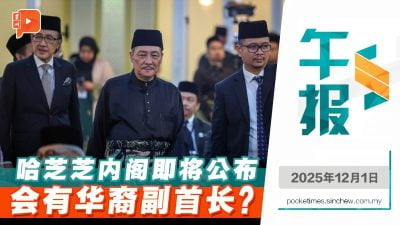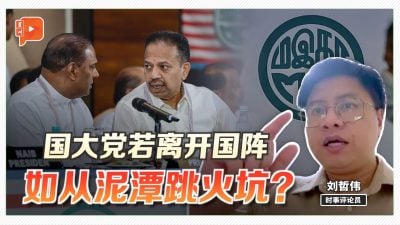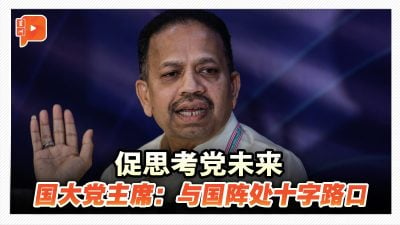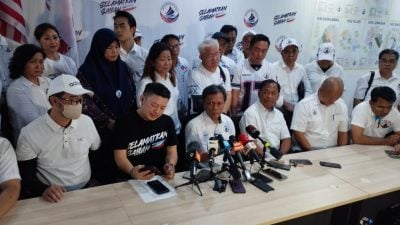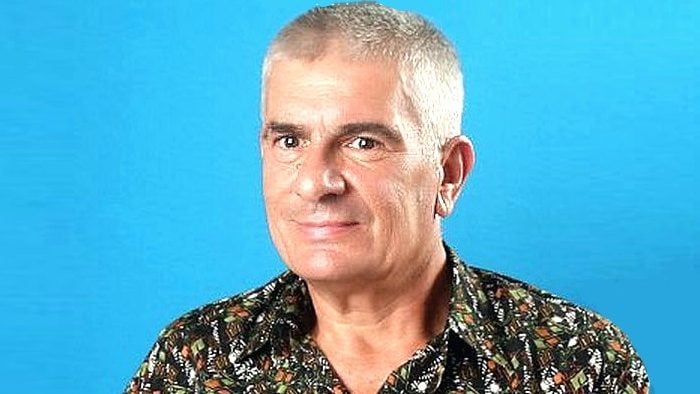
The announcement last week that the Perikatan Nasional (PN) held states of Terengganu, Kedah, Perlis and Kelantan would form the block called the “State Government 4” (SG4) which could be one of the most important developments in Malaysia since federation.
SG4 will become a strategic collaboration between the above four states and be concerned with economic development, and improving the standard of living of the citizens of the four states.
Teams from the four state executive councils will jointly explore and identify resources, strengths, and strategic cooperation areas that can be jointly exploited and synergized for the benefit of the four states.
This will eventually come under some formal joint administration management in the near future.
A massive reform in economic development
Sometimes reforms come from unexpected places. This time from the PN leadership, primarily moved by their respective state leaders.
G4 is a practical way to synergize to handle development and seek investment.
Effectively, Terengganu, Kedah, Perlis, and Kelantan will become a unified development region under state rather than federal management.
The combined states have a GDP of RM131.5 million, which is equivalent to 7.3 percent of Malaysia’s GDP.
The four states comprise of 5.6 million people, or 17.3 percent of the country’s population of 32 million.
If the SG4 can turn their vision into reality, then the balance of negotiating power between the federal and state governments will drastically change.
Developing the SG4 will be like developing a country within a country. This could result in some political contention.
Coupled with demands for more autonomy by Sabah and Sarawak, the SG4 will also be entitled to argue for more state autonomy from the federal government.
This, in effect, will enable the northern states which are small individually to take back power from the federal government.
This could mean much better allocations, more say in where development and infrastructure funds go, more direct control in spending the funds allocated, and a much larger influence in the national planning process.
Putrajaya will now have to contend with a new era for federal-state relations in Malaysia. This will return Malaysia back to the spirit of a federation where the central government will have to play more a facilitating role than directive role.
The SG4 has plentiful oil and gas resources, fishery areas, and agricultural land under direct control. There is a potential international airport and sea port which can cater for increasing trade to China, Korea, and Japan.
There is the petrochemical area in Terengganu and high-tech industrial park in Kulim which can be expanded much further.
There are also potential trade links with southern Thailand which could create an extra market of six million people who share the same language and culture just across the border.
Southern Thailand’s economy is growing robustly, and there are numerous overlapping opportunities within the SG4 and southern Thailand.
Some improved transport infrastructure development could synergize the resources of the SG4 even better. This could turn the SG4 into a de facto region like Sabah and Sarawak, which could arguably be a good thing for Malaysia’s economic development.
This is in great contrast to Hannah Yeoh’s effort to attract the rural youth to cities for work.
Politics is never far away
Tun Dr Mahathir Mohamed has been anointed as an unofficial advisor and even a symbolic leader of this bold idea.
Developing the SG4 will be like developing a country within a country. This could result in some political contention.
The SG4 is probably the most exciting economic initiative for northern Malaysia and the East Coast.
Politically and bureaucratically, it will take some time for Putrajaya to adjust to this new change in the balance of power in federal-state relations. This will be a massive reform for Malaysia.
What’s important is that politics doesn’t get in the way of development and reform.
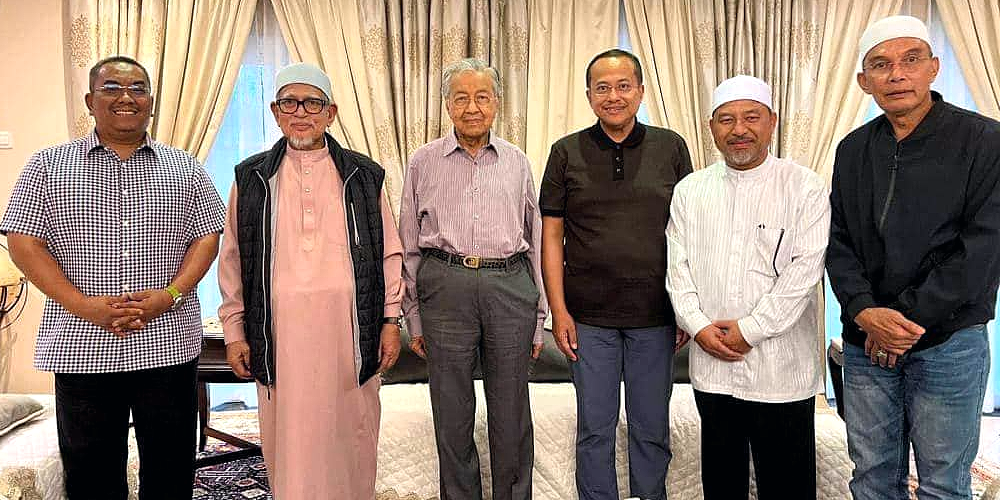
(Murray Hunter has been involved in Asia-Pacific business for the last 40 years as an entrepreneur, consultant, academic and researcher. He was an associate professor at Universiti Malaysia Perlis.)
ADVERTISEMENT
ADVERTISEMENT







